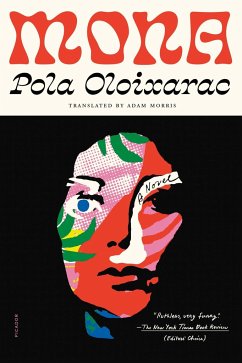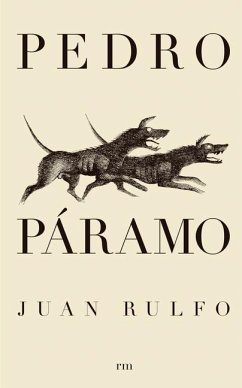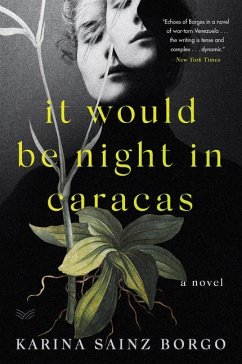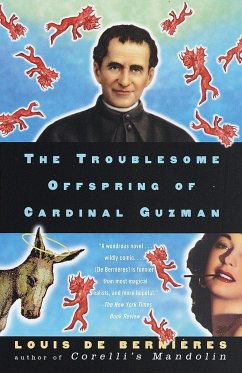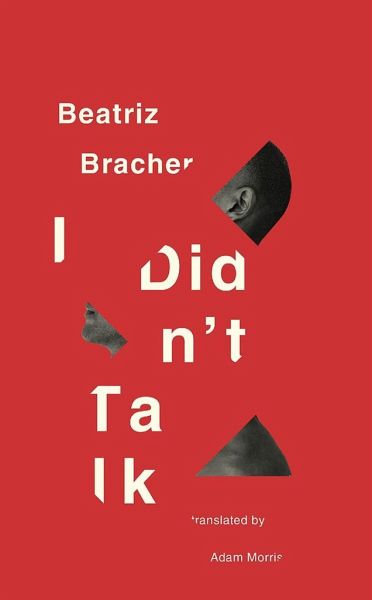
I Didn't Talk
Versandkostenfrei!
Versandfertig in über 4 Wochen
12,99 €
inkl. MwSt.

PAYBACK Punkte
6 °P sammeln!
A professor prepares to retire-Gustavo is set to move from São Paulo to the countryside, but it isn't the urban violence he's fleeing: what he fears most is the violence of his memory. But as he sorts out his papers, the ghosts arrive in full force. He was arrested in 1970 with his brother-in-law Armando: both were vicariously tortured. He was eventually released; Armando was killed. No one is certain that he didn't turn traitor: I didn't talk, he tells himself, yet guilt is his lifelong harvest. I Didn't Talk pits everyone against the protagonist-especially his own brother. The torture never...
A professor prepares to retire-Gustavo is set to move from São Paulo to the countryside, but it isn't the urban violence he's fleeing: what he fears most is the violence of his memory. But as he sorts out his papers, the ghosts arrive in full force. He was arrested in 1970 with his brother-in-law Armando: both were vicariously tortured. He was eventually released; Armando was killed. No one is certain that he didn't turn traitor: I didn't talk, he tells himself, yet guilt is his lifelong harvest. I Didn't Talk pits everyone against the protagonist-especially his own brother. The torture never ends, despite his bones having healed and his teeth having been replaced. And to make matters worse, certain details from his shattered memory don't quite add up... Beatriz Bracher depicts a life where the temperature is lower, there is no music, and much is out of view. I Didn't Talk's pariah's-eye-view of the forgotten "small" victims powerfully bears witness to their "internal exile." I didn't talk, Gustavo tells himself; and as Bracher honors his endless pain, what burns this tour de force so indelibly in the reader's mind is her intensely controlled voice.



